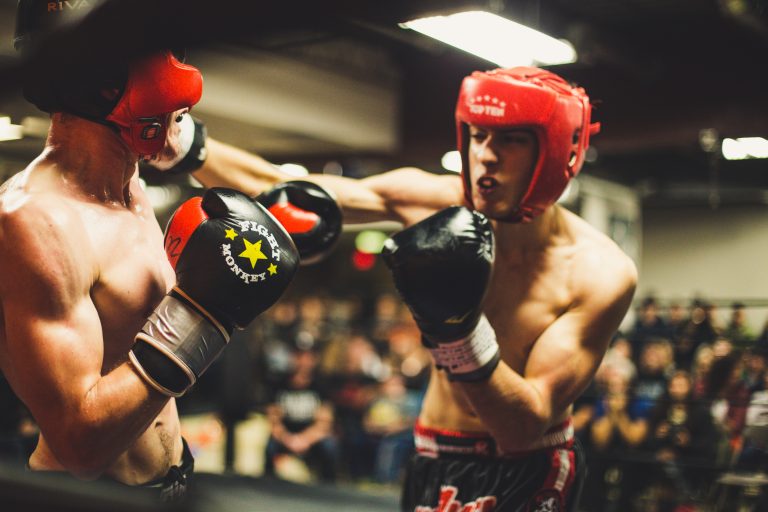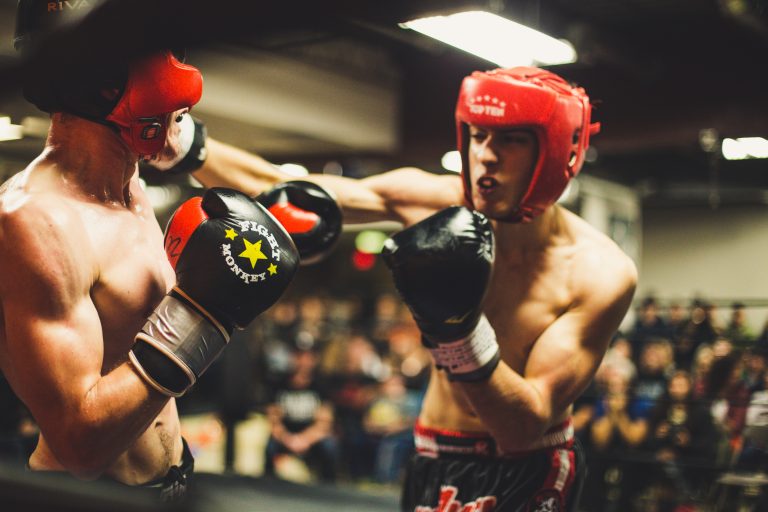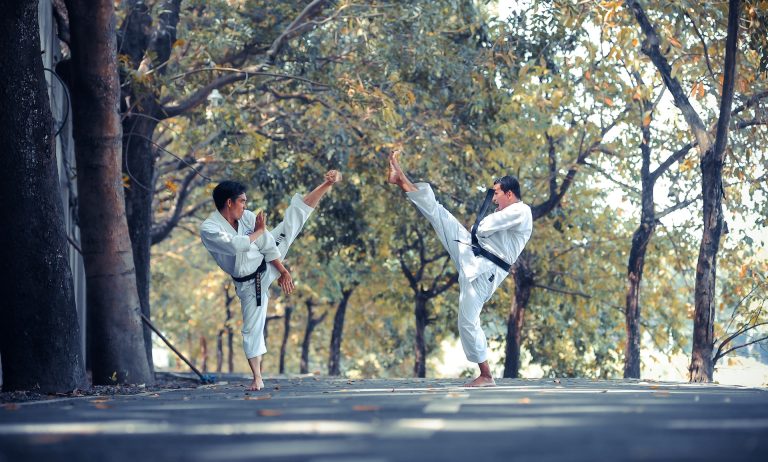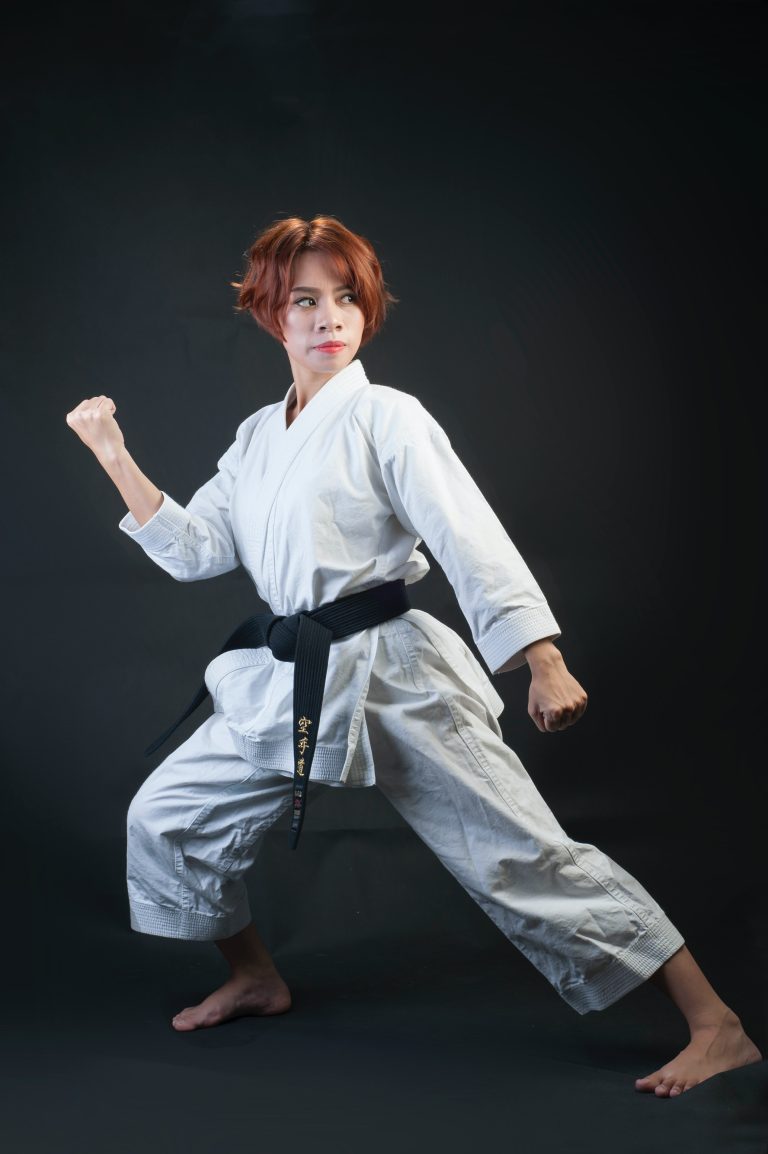Why Is Karate Not An Olympic Sport?
Karate, a popular combat sport, is practiced by millions of people worldwide, but despite its global popularity, it has not been a part of the Summer Olympics until recently. Karate was finally included as an Olympic sport in the 2020 Tokyo Olympics, but it still raises the question: why has it taken so long to make karate an Olympic sport? In this blog post, we will delve into the history of karate and explore the reasons why it has not featured in the Olympics until now.
The History of Karate
Karate is a Japanese martial art that originated in Okinawa in the late 19th century. It is a combination of various martial arts, including Chinese Kung Fu and traditional Okinawan martial arts. Karate became popular in Japan in the 1920s and 1930s, as many Okinawan karate masters migrated to Japan to teach and spread their art.
In 1964, Karate was introduced to the world through the first World Karate Championships, which were held in Tokyo. Over the years, Karate has grown exponentially in popularity, and today it is practiced in over 190 countries worldwide. Despite its popularity, however, it has taken a long time for Karate to be recognized as an Olympic sport.
The Reasons Why Karate Was Not an Olympic Sport
There are several reasons behind Karate’s exclusion from the Olympics over the years. One of the primary reasons was that karate is not a team sport, and the Olympics have traditionally favored team sports over individual sports.
Another reason why Karate was not an Olympic sport was due to the lack of a unified governing body. Until recently, there were several organizations governing karate, which made it difficult for the International Olympic Committee (IOC) to recognize karate as a sport that met their standards.
Karate also faced stiff competition from other martial arts, such as Judo and Taekwondo, which were already included in the Olympics. The IOC has always been keen on having a diverse set of sports in the Olympics, which made it difficult for Karate to secure a spot.
Karate’s Inclusion in the 2020 Tokyo Olympics
Finally, after years of lobbying, Karate was included as an Olympic sport for the 2020 Tokyo Olympics. This decision was based on several factors, including the growing popularity of Karate worldwide and the fact that it meets the criteria set by the IOC.
In addition, karate offers a unique blend of athleticism, artistry, and cultural significance that distinguishes it from other martial arts. Furthermore, various countries, including Japan, were eager to include Karate in the Olympics since it is a sport with deep cultural roots.
Why is Karate not an Olympic Sport: The Most Frequently Asked Questions
If you are a fan of martial arts, you might be wondering why karate is not included in the Olympic sport list. At present, karate is not an Olympic sport, despite being recognized as one of the most popular martial arts globally. In this blog post, we’ll answer some of the most frequently asked questions about karate not being an Olympic sport.
1. Why isn’t karate an Olympic sport?
Karate has been trying to become an Olympic sport for many years. However, it was only in 2016 that the organizers of the Olympic Games finally decided to include it. The reason behind this decision was that they wanted to attract a younger audience to the games, and karate is popular with the youth.
Unfortunately, in 2019, the International Olympic Committee (IOC) excluded karate from the Tokyo 2020 Olympics. The organizers stated that they had to limit the number of sports due to budgetary constraints, which means that some sports were excluded. Karate had to bear the brunt of this decision.
2. How long has karate been trying to become an Olympic sport?
The history of karate trying to become an Olympic sport dates back to the 1970s. At that time, karate was still a new sport, and not many people knew about it. Moreover, it was not widespread in many countries, and there were too many different styles, which made it difficult to standardize. Despite these challenges, karate fans and practitioners began lobbying for the sport to be included in the Olympics.
Since then, the World Karate Federation (WKF) has been working to get karate recognized as an Olympic sport. In 2005, karate was finally included in the list of recognized sports by the IOC. The WKF continued its efforts to promote the sport and get it included in the Olympics.
3. What were the reasons behind karate being excluded from the Tokyo 2020 Olympic Games?
The decision to exclude karate from the Tokyo 2020 Olympics was due to budgetary constraints. According to the IOC, they had to limit the number of sports in order to reduce the overall cost of hosting the event. Karate, being a new sport, was one of the casualties of this decision.
Moreover, there were several other sports that were also excluded from the Tokyo 2020 Olympics, including squash, wushu, and baseball. Despite the exclusion from the Olympics, the WKF has continued to promote karate and hold its annual tournaments.
4. Will karate be included in future Olympic Games?
It is challenging to predict whether karate will be included in future Olympic Games. The IOC has not given any indication about the inclusion of karate in the Olympics. The WKF is still promoting the sport and lobbying for its inclusion.
The 2024 Paris Olympics will not include karate, but the 2028 Los Angeles Olympics could include the sport. However, it’s important to note that many other sports are also competing for inclusion in the Olympics, and the competition is fierce.
5. What impact will the exclusion from the Tokyo 2020 Olympics have on the future of karate?
The exclusion from the Tokyo 2020 Olympics was a blow to the WKF and the karate community. However, karate is a popular sport with a large following, and the exclusion is not expected to have a significant impact on the sport’s future.
The WKF continues to hold its annual tournaments and promote the sport. Moreover, the exclusion from the Olympics has not affected the popularity of karate in many countries, and it’s still being practiced by many enthusiasts worldwide.
How to Understand Why Karate is Not An Olympic Sport
Karate is a martial art that has been practiced for centuries, and it has gained popularity around the world. Despite its popularity, it has not been included in the list of Olympic sports until relatively recently. If you are curious to learn more about why karate is not an Olympic sport, then you have come to the right place. In this article, we will help you understand why karate has struggled to gain recognition as an Olympic sport, and what actions you can take to support its inclusion in future Olympic Games.
Step 1: Understand the Olympic Sport Criteria
To understand why karate is not an Olympic Sport, it is important to understand the criteria for sports to be included in the Olympics. The International Olympic Committee (IOC) wants sports to have a high level of popularity, international participation, and gender balance. Sports are also required to follow IOC’s charter and rules, which include maintaining an environment free from doping and corruption.
Step 2: Explore the History of Karate’s Quest to Become an Olympic Sport
Karate first petitioned to be included in the Olympics in the 1970s but was not successful. In 2016, after decades of efforts to get karate into the Olympics, the sport was finally selected for inclusion in the 2020 Tokyo Olympics. However, just a few years later, it was announced that karate would be excluded from the 2024 Paris Olympic Games.
The exclusion of karate from the 2024 Olympic Games was due to the limitation put in place by the IOC on the number of events and athletes allowed in the games. Unfortunately, karate was among the casualties of this limitation.
Step 3: Familiarize Yourself With Issues Related to Karate and the Olympics
While karate has achieved significant popularity around the world, some issues have hindered its acceptance in the Olympics. One of the contentious issues has been the lack of a unified governing body for karate. There are several organizations that oversee the sport worldwide, and they have been unable to agree on a single governing body with the power to regulate the entire sport.
Additionally, there have been debates around the sport’s ability to meet the IOC’s requirements for gender equality. In the past, karate has faced criticism for not being gender-neutral. To remedy this situation, the World Karate Federation, which is the leading organization for karate, has made significant strides towards gender equality at its events, including the Olympics.
Step 4: Join the Movement to Get Karate Into the Olympics
If you’re passionate about karate and believe that it should be an Olympic sport, there are several actions you can take to support the movement.
– Get Involved: You can support karate by becoming an active member of the World Karate Federation or other organizations that promote the sport. This way, you’ll be able to participate in events and make your voice heard in discussions regarding karate’s inclusion.
– Use Social Media: Social media can be a powerful tool for promoting karate as an Olympic sport. Ideas include posting about karate events, highlighting influential karate athletes, and calling for support for karate’s inclusion in the Olympics.
– Sign Petitions: There have been several petitions in the past calling for karate to be added to the list of sports in the Olympics. You can sign these petitions and even start your own to demonstrate the need for the sport’s inclusion.
Conclusion
Karate is a fascinating sport that has gained popularity globally. While not yet an Olympic sport, it is making significant strides towards inclusion. Through a better understanding of the steps necessary for Olympic inclusion, awareness of issues related to its inclusion in the Olympics, and active participation and support of karate organizations, we can work to help karate become an Olympic sport in the future.
Inhaltsverzeichnis






